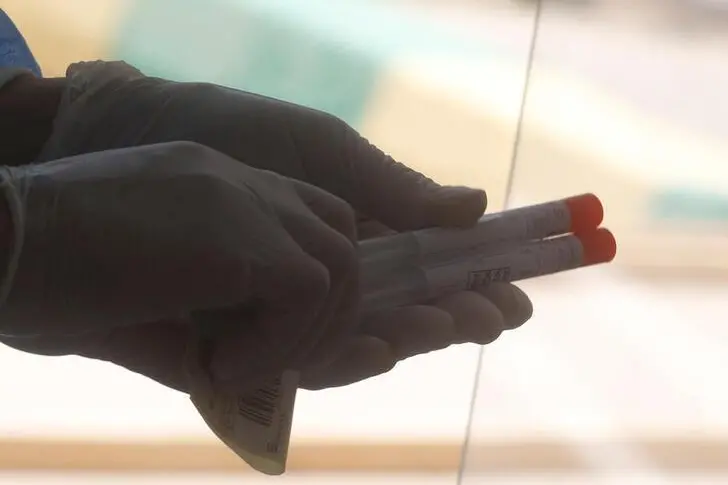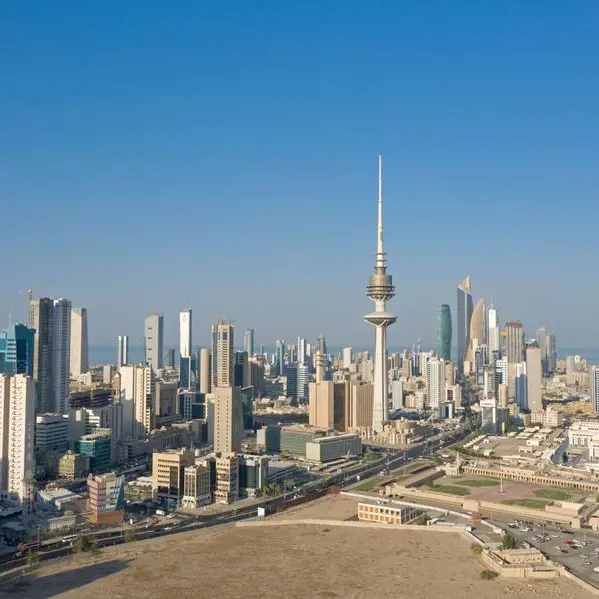PHOTO
As public life gradually returns and we come out of our cocoon after months of lockdown, reacquainting ourselves with the streets and our workplaces, adjusting to the precautionary measures of wearing face masks, which have become the new “must-have” fashion accessory, keeping our distance and washing our hands often, we are slowly adapting to the “new normal.” It comes, though, with a heavy sense of wariness from being close to anyone or amid any gatherings of even just a few people, paranoia from touching anything or any signs of coughing or sneezing, and high alertness to any negative news about the spread of the coronavirus disease (COVID-19) pandemic. For how long can we tolerate this and continue with these measures?
There are already reports of high levels of stress and depression. There are many factors contributing to an overwhelming atmosphere of gloom, such as the increasing numbers of infected and dead, the overburdened medical facilities and staff, the loved ones who are sick and need care or who are still in another country by choice or by lack of means for returning, in addition to job and business losses, interrupted education, and uncertainty about the future. Even the countries that had seemingly announced their victory over the virus by reducing the number of new cases to zero, lifting quarantine measures and opening up businesses are, one by one, being forced to reinstate curfews. Officials and scientists at all levels are warning of a second wave while we are not even over the first one. As long as there is no effective cure or vaccine, we remain under threat and must continue with the precautionary measures.
Nevertheless, life goes on. People are restless and want to meet their families and friends, go back to their businesses, and enjoy social occasions and public places without feeling constrained. Technology has been convenient in allowing us to keep in touch from a distance, follow our studies and work as much as possible, and provide us with entertainment during lockdown. Some of the restrictions have now been lifted. However, there is an urgent, critical need for people, especially the young, to act responsibly and sensibly; the selfishness of a few could be disastrous for many, particularly the elderly, meaning their parents and grandparents. It is absolutely unacceptable to have groups of people, whether they are family members or friends, in close proximity to one another, some even without masks. Eid Al-Fitr should not have been an occasion to spread the virus, but an occasion to celebrate good health.
We miss the human physical contact, the hugs and kisses and even the simple handshake. We missed attending funerals, weddings and births. The cycle of life continued as we sat watching from home. We long to go to Makkah and Madinah. We miss dining out, walking along the beach or in the park, and going to movies and concerts.
The longer the curfews continue, the worse our economic and social conditions become, and it is up to us to minimize the damage. The consequences of the pandemic will be with us for some time, but the better we comply with the precautionary measures to contain it, the sooner we can start addressing these consequences, especially the economic ones.
According to the World Health Organization, steps toward the “new normal” must be guided by public health principles, together with economic and societal considerations. This means that risks should be minimized in the most vulnerable settings, such as homes for the elderly, mental health facilities and in crowded places. Workplaces should establish preventive measures and communities should have a voice so that they are engaged in the transition.
Although the effects of the COVID-19 outbreak are more visible in the health and economic sectors, and their impact on disadvantaged and vulnerable populations is greater, the full impact of the pandemic in terms of social relations and behaviors is still not fully understood, according to a recent study on the pandemic’s socioeconomic impacts in Organization of Islamic Cooperation (OIC) member countries by the Statistical, Economic and Social Research and Training Centre for Islamic Countries (SESRIC).
Initial studies find that social distancing will have implications for travel, out-of-home activities, public transportation patterns, and social isolation. While the lockdown was a forced opportunity to slow down, reconnect with family and appreciate the countless blessings in life, it was also, unfortunately, a ripe environment for aggravating problems, leading to higher rates of violence and abuse. The effects of that will be felt disproportionately by children and women.
Meanwhile, our reliance on technology will increase. The International Telecommunications Union pointed out that a new digital society came into our lives because of the forced social isolation of lockdown. The emerging digital process will impact OIC countries in one of two ways, according to SESRIC. Those countries with broad access to digital technologies will resort to online communication both in the ongoing outbreak stage and afterward. In contrast, OIC countries with limited access to online platforms will be divided from their social networks — possibly leading to either increased physical interaction or an increase in anxiety, depression and loneliness due to the experiences of disconnect.
SESRIC warns that digitization will bring new risks that need careful attention, especially with regards to children. Limited physical contact may pave the way for psychological and social issues, such as a loss of values, breakdown of social cohesion, and exclusion of those without access or, for others, digital addictions. Overall, it concludes, the required social distancing responses to the pandemic, combined with the changing relations of people to their work, family and friends, have resulted in novel trends and norms. Digitization has played a leading role in this process. The future of social relations and their constructive and healthy development will depend on the social policy responses of governments and communities alike.
- Maha Akeel is a Saudi writer based in Jeddah. Twitter: @MahaAkeel1
Copyright: Arab News © 2020 All rights reserved. Provided by SyndiGate Media Inc. (Syndigate.info).





















